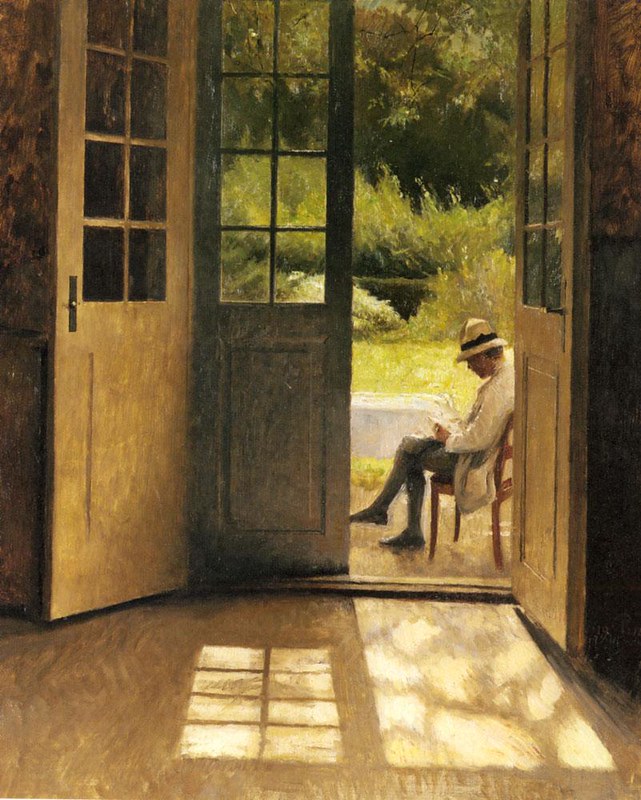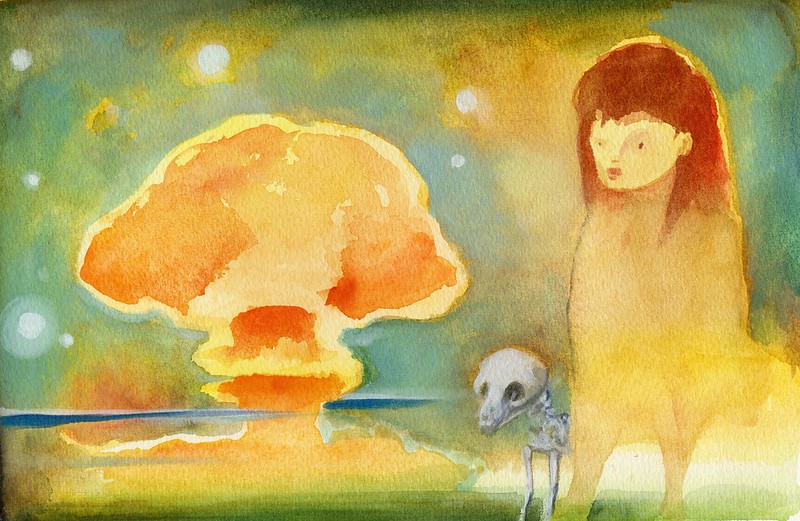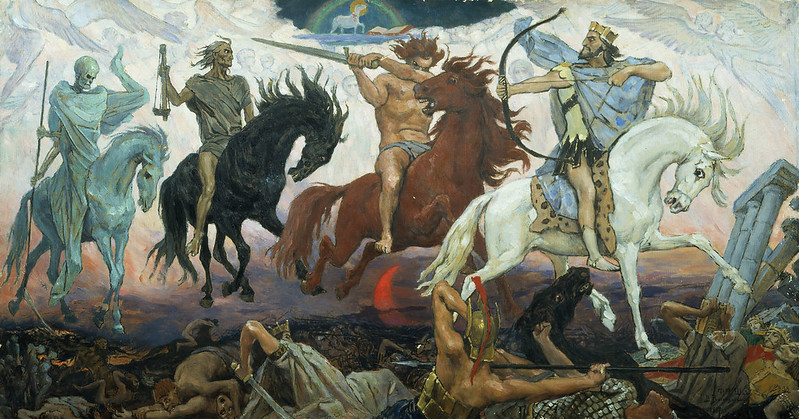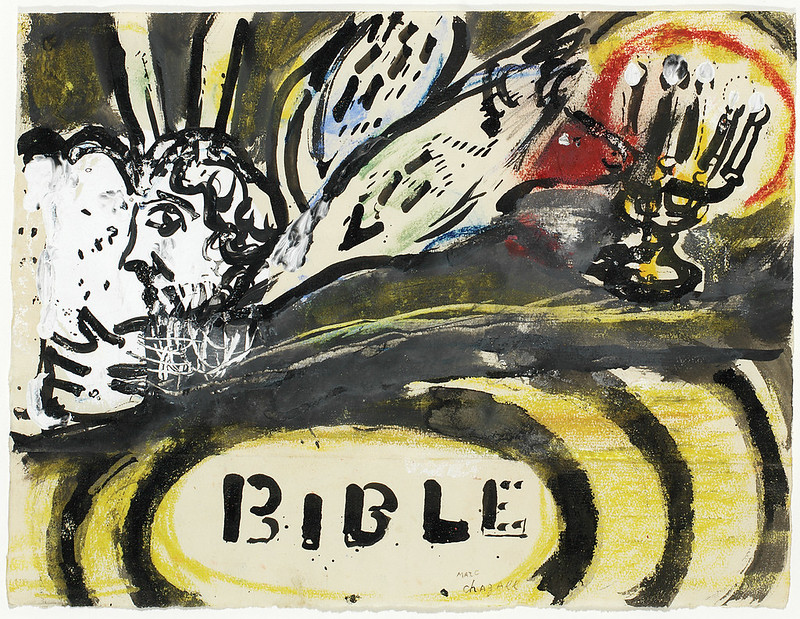Sinners In the Hands of a Loving God
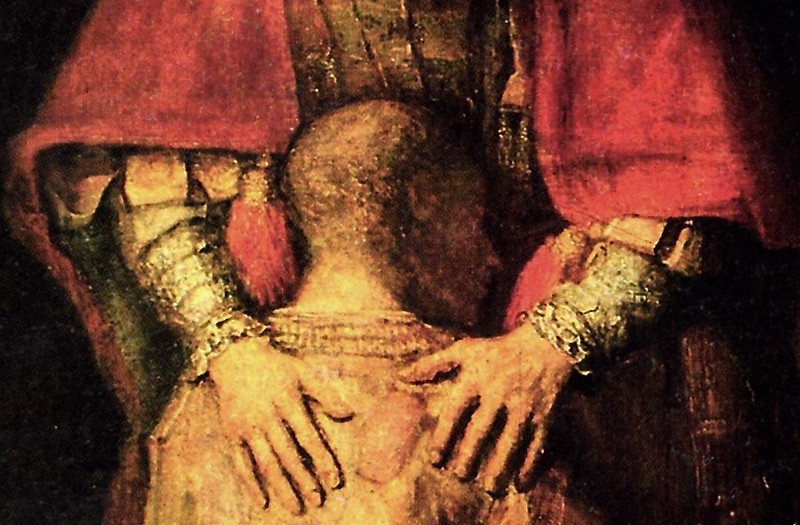
Sinners In the Hands of a Loving God
Brian Zahnd
Oh! Ephraim is my dear, dear son,
My child in whom I take pleasure!
Every time I mention his name,
My heart bursts with longing for him!
Everything in me cries out for him.
Softly and tenderly I wait for him.
–Jeremiah (Jeremiah 31:20)
The God that holds you over the pit of hell, much as one holds a spider or some loathsome insect over the fire, abhors you, and is dreadfully provoked. His wrath towards you burns like fire; he looks upon you as worthy of nothing else but to be cast into the fire. He is of purer eyes than to bear you in his sight; you are ten thousand times as abominable in his eyes as the most hateful, venomous serpent is in ours.
–Jonathan Edwards, Sinners In the Hands of an Angry God
Two pieces of literature. The prophetic poetry of Jeremiah and the revivalist preaching of Jonathan Edwards. I know them both well. First let’s look at Jeremiah.
In this beautiful passage Jeremiah channels God’s love for Ephraim. Who is Ephraim? Ephraim is Israel in the 7th century BC. More importantly, Ephraim is Israel in its worst spiritual and moral condition. Ephraim is idolatrous, adulterous, backslidden, covenant-breaking, sinful Israel. But Ephraim is still the child of God and Jeremiah reveals God’s unconditional love for sinful Ephraim.
Centuries ahead of the full revelation of God that will come with Jesus, Jeremiah reveals the heart of God toward sinners. Toward me. Toward you. At your worst, at your most sinful, at your furthest remove from God and his will, God’s attitude toward you remains one of unwavering love. Why? God is love.
But many Christians struggle with a deeply embedded concept (theology) of an angry, vindictive, retributive god. Somewhere along the way they picked up a Sinner’s In the Hands of an Angry God paradigm. And it has left them deeply damaged.
Read more



